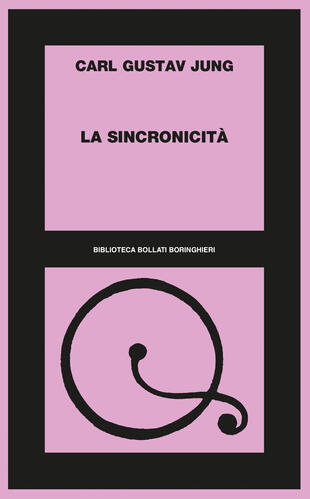

Sinossi
«Il principio filosofico che sta alla base della nostra concezione della regolarità delle leggi di natura è la causalità. Se il rapporto tra causa ed effetto dimostra di aver solo validità statistica e soltanto una verità relativa (...) ciò significa che il legame tra eventi è in certe circostanze di natura diversa da quella causale ed esige un diverso principio interpretativo».
«A differenza della causalità, la sincronicità si dimostra un fenomeno connesso principalmente con processi che si svolgono nell'inconscio. Alla psiche inconscia spazio e tempo sembrano relativi, ossia la conoscenza si trova in un continuum spaziotemporale in cui lo spazio non è più spazio e il tempo non è più tempo. Se quindi l'inconscio sviluppa e mantiene un certo potenziale alla coscienza, nasce la possibilità di percepire e "conoscere" eventi paralleli».
- ISBN: 8833938166
- Casa Editrice: Bollati Boringhieri
- Pagine: 120
- Data di uscita: 18-03-2021

